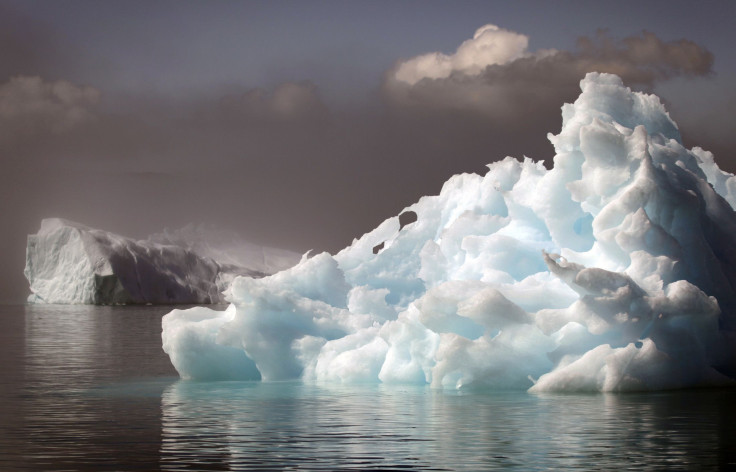Researchers Estimate That Melting Permafrost Could Cost The World $43 Trillion

It is a known fact that increasing global temperatures is causing the permafrost to melt. However, the melting of the permafrost not only has environmental consequences, but could also bring a global economic slowdown.
Arctic permafrost is known to trap a large amount of methane and carbon dioxide below the Earth's surface. With an increase in the global temperature, the Arctic permafrost will melt completely and release the gas up in the air.
According to a study conducted by the researchers at the University of Cambridge and the University of Colorado, the release of the greenhouse gases in the environment could potentially result in a huge economic loss to the world.
The team has estimated that the increased emissions could cost nearly $43 trillion to the world by 2022, estimating to $26.5 million worth of economic loss per hour. The figure represents a 13 percent increase in the previously predicted impact of the climate change on the world economy, from $326 trillion to $369 trillion.
As part of the study, the researchers first figured out the rate at which the melting permafrost could release the greenhouse gases. Next, they estimated the cost of reducing the effects of the additional greenhouse gases emitted from the thawing permafrost.
Co-author Chris Hope of the University of Cambridge says that the impact and the direct and indirect damage from the melting of the permafrost will be felt around the world.
"These results show just how much we need urgent action to slow the melting of the permafrost in order to minimize the scale of the release of greenhouse gases," said Hope, in a statement.
Some of the direct economic damage include escalated use of air conditioning energy and agricultural losses. Whereas indirect economic losses include the rising sea levels leading to floods and other natural disasters and its effect on ecosystem and public health.
In a letter published in Nature Climate Change, the researchers also examined the economic impact of “aggressive” efforts taken to mitigate the greenhouse emissions. The policy used by the researchers shows promising results, if it is applied at all.
“It reduces the mean impacts of thawing permafrost from $43 trillion to $6 trillion,” said Hope. “We can do quite a lot if we have the will.”
© Copyright IBTimes 2024. All rights reserved.











